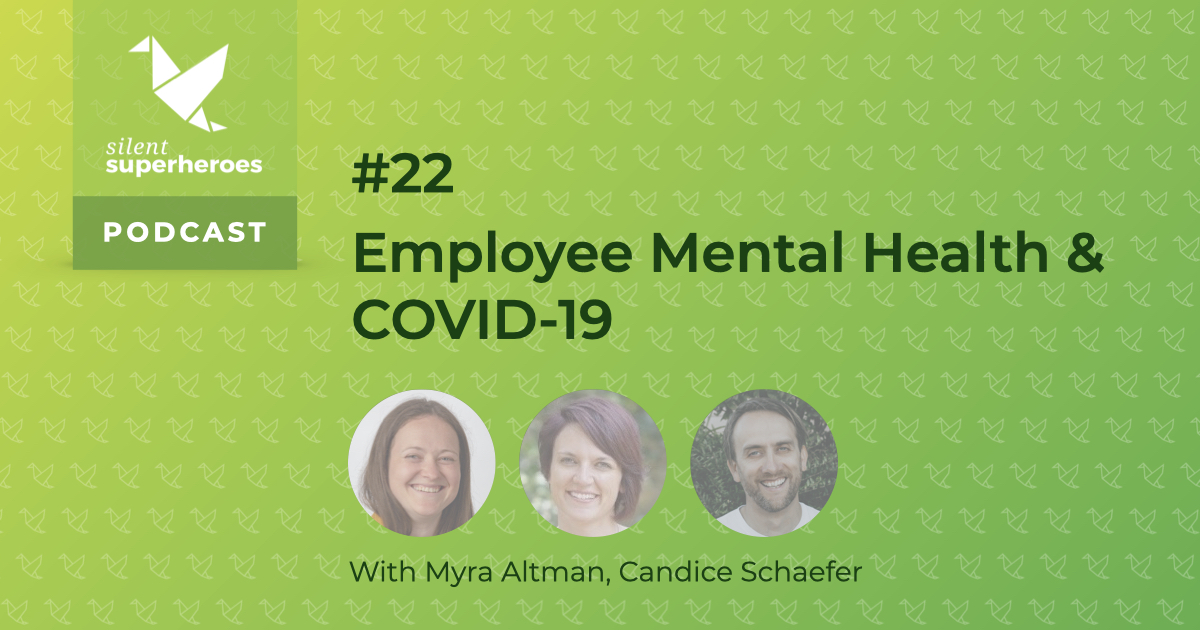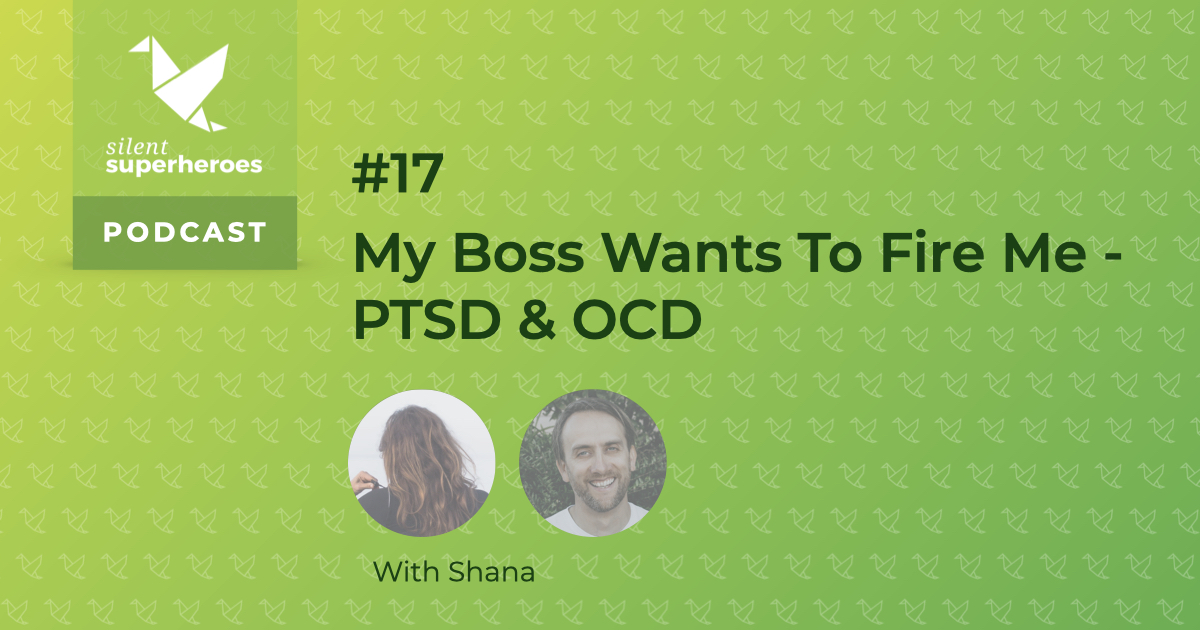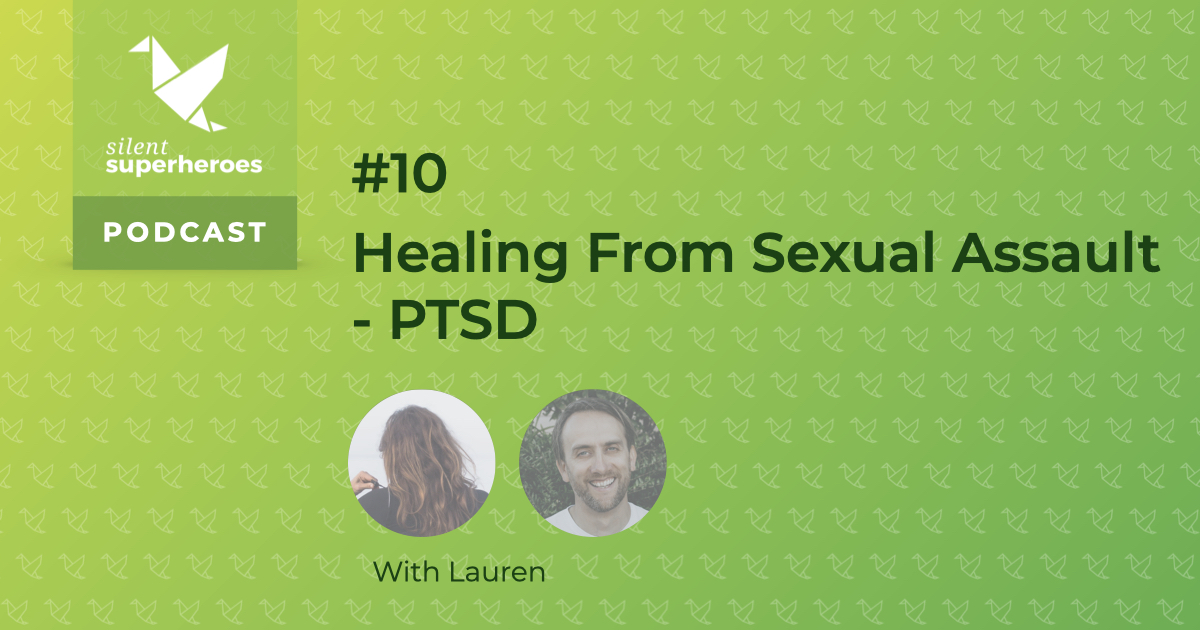What happens to employee mental health when you add a global pandemic like Covid-19 / coronavirus to the usual stresses and strains of work and life? I sought out experts in workplace mental health field to get their advice. I was fortunate to find Candice Schaefer, the Head of Global Employee Wellness at Twitter and Myra Altman, the Head of Clinical Care at Modern Health, a mental health platform.
Listen To Episode 22
Podcast: Play in new window | Download (Duration: 54:49 — 29.0MB)
During our discussion, we identify the two key impacts of coronavirus on mental health : increased overall anxiety and loneliness. We discuss how companies should manage the impact of coronavirus on mental health at work. And we also look at the positive impact of coronavirus on mental health at work.
Myra and Candice identify 6 ways that you can support employee mental health through the coronavirus / covid 19 outbreak.
Take Action
- Make the logistics of working from home easy. This can reduce anxiety because it’s stressful to adjust to working in a new environment. Make sure you’re helping with equipment, software setup, expenses and ergonomic challenges,
- Establish new norms that encourage people to connect each day, for example a daily standup. Helping people connect can combat loneliness,
- Create new ways of connecting socially, for example a scheduled Pet Happy Hour where pet owners get online and introduce their pets. You could also get people to share a #before and #after challenge for setting up their WFH space. This will also help combat loneliness,
- Encourage people to maintain health exercise habits, for example holding a step challenge or having a group walk using phones + Zoom. A healthy exercise routine can combat anxiety,
- Help people maintain a routine and set appropriate boundaries so “work” and “life” don’t blur and create anxiety. The social cues you have in an office (that the lights are off and everyone left) aren’t there at home. There are several different ways to set a boundary. Individuals can nominate a buddy to remind them to step away from their desk to help with social connection. Or people can set an alarm, or have an announcement in Slack,
- Managers should invest extra time in calling people on the phone. This both makes a social connection and lets you look for signs of anxiety. If you’re not the type of manager who is “good” at connecting with people human to human, this is a great time to try,
- And at the corporate level, communicate, communicate, communicate. Uncertainty creates anxiety and right now employees may be uncertain about how long they’ll be working away from the office and whether there are going to be impacts to the business and their job.
Links
- Keeping Twitter Employees Safe During Coronavirus (article)
- Supporting your teams in stressful situations (article)
- Dr Candice Schaefer (guest)
- Dr Myra Altman (guest)
- Modern Health (company)
- Twitter (company)
Getting Support
Remember, the people you hear on Silent Superheroes are sharing their opinions about mental health and mental illness. They are not giving advice. For that reason, please consult with your care provider before making a change to your treatment approach.
It’s important to take your mental health seriously. Consequently, if you need to speak to someone you can call 1-800-273-8255, or text crisistextline.org on 741741. Both provide 24×7 confidential counseling to people in the United States. Worldwide visit http://iasp.info/resources/Crisis_Centres/
Because you listened to the podcast, you can help others find it by leaving us a review on iTunes. Or if you don’t use iTunes, leave a review on your favorite podcasting service.




